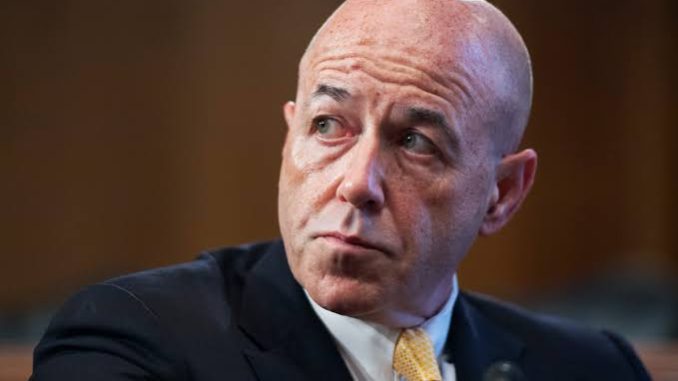
Bernard Bailey Kerik who is popularly known as Bernie Kerik (September 4, 1955 – May 29, 2025) was a prominent American law enforcement officer, military veteran, and public figure best known for serving as New York City’s Police Commissioner during the September 11, 2001, terrorist attacks. His life encompassed remarkable achievements, significant controversies, and a dramatic fall from grace.
Early Life and Education
Born in Newark, New Jersey, Bernie Kerik was the son of Patricia Joann (Bailey) and Donald Raymond Kerik Sr. He was raised in Paterson, New Jersey, and attended Eastside High School, which he left in 1972. In July 1974, he enlisted in the U.S. Army, serving as a military policeman in South Korea. During his service, he earned a General Educational Development (GED) certificate. Later, in 2002, he obtained a Bachelor of Science degree in social theory, social structure, and change from Empire State College of the State University of New York.
Family and Personal Life
Bernie Kerik’s personal life was complex. He fathered a daughter in 1975 while stationed in South Korea but did not maintain contact with her. He was married three times: first to Linda Hales (1978–1983), then to Jacqueline Llerena (1983–1992), with whom he had a son, and finally to Hala Matli in 1998, with whom he had two daughters.
Career
Law Enforcement and Public Service
Kerik began his law enforcement career in the early 1980s, serving in various roles, including as chief and warden of the Passaic County jail in New Jersey. In 1986, he joined the New York City Police Department (NYPD), where he rose through the ranks. In 1998, Mayor Rudy Giuliani appointed him as Commissioner of the New York City Department of Correction, and in 2000, he became the 40th Police Commissioner of New York City.
Leadership During 9/11
Kerik’s tenure as Police Commissioner was marked by his leadership during the September 11, 2001, terrorist attacks. He coordinated the NYPD’s emergency response, rescue, and recovery efforts, earning national recognition for his role during this crisis. His actions during this period were widely praised, and he received numerous commendations for his service.
International Roles and Nominations
In 2003, Kerik was appointed as the interim Interior Minister of Iraq by the U.S. government, where he was responsible for rebuilding the country’s police force. In 2004, President George W. Bush nominated him to head the Department of Homeland Security. However, he withdrew his nomination due to issues related to the immigration status of a person he had employed as a housekeeper and nanny.
Legal Troubles and Incarceration
Kerik’s career faced significant setbacks due to legal issues. In 2009, he pleaded guilty to eight felony charges, including tax fraud and making false statements to federal officials. These charges were partly related to unreported renovations by a contractor linked to organized crime and a $250,000 interest-free “loan” from Israeli billionaire Eitan Wertheimer. He was sentenced to four years in federal prison and was released in 2013.
In 2020, President Donald Trump granted Kerik a full pardon.
Publications and Media
Kerik authored several books, including his memoirs “The Lost Son: A Life in Pursuit of Justice” (2001) and “From Jailer to Jailed: My Journey from Correction and Police Commissioner to Inmate 84888-054” (2015), where he detailed his rise in law enforcement and subsequent legal troubles.
Net Worth
As of December 2023, Bernard Kerik’s net worth was estimated to be approximately $5 million. His income sources included his roles in law enforcement, consulting work, book publications, and media appearances.
Death and Legacy
Bernard Kerik passed away on May 29, 2025, at the age of 69, after a private battle with illness. His death was confirmed by the New York Police Department and FBI Director Kash Patel.
Kerik’s legacy is multifaceted. He is remembered for his leadership during one of America’s darkest days, his contributions to law enforcement, and his subsequent legal challenges. Despite the controversies, his impact on New York City’s law enforcement and his role during the 9/11 attacks remain significant aspects of his legacy.
CLICK HERE TO COMMENT

Leave a Reply